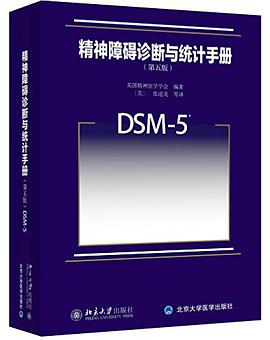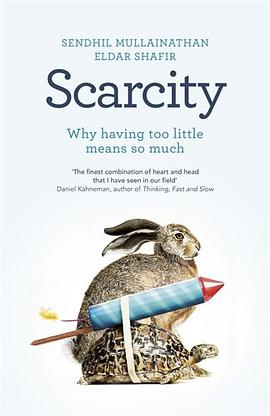心理学导论 豆瓣
Exploring Psychology
作者:
[美] 戴维·迈尔斯
译者:
黄希庭 等
商务印书馆
2019
- 3
心理学导论(也称普通心理学、心理学入门)是美国高等院校选修人数最多的课程之一,与人们的日常生活息息相关。《心理学导论》(Exploring Psychology)由美国著名心理学教科书作者戴维·迈尔斯(David Myers)撰写,他在所著Psychology的基础上,对篇幅进行了适当的缩减,使其不仅针对心理学专业基础课教学,同时也能更好地满足非心理学专业学生和普通读者的需要。
《心理学导论》自出版以来,一直位列美国心理学教科书畅销榜前列,是美国高等院校中使用范围最广的普通心理学教材之一。《心理学导论》系统介绍了心理学的各个主要分支领域,由于原书体量较大,为便于读者携带和课堂使用,拆分为上下两册,上册主要涵盖了生物心理学、发展心理学和认知心理学的内容,下册主要涵盖了人格心理学、社会心理学和异常心理学的内容。
《心理学导论》自出版以来,一直位列美国心理学教科书畅销榜前列,是美国高等院校中使用范围最广的普通心理学教材之一。《心理学导论》系统介绍了心理学的各个主要分支领域,由于原书体量较大,为便于读者携带和课堂使用,拆分为上下两册,上册主要涵盖了生物心理学、发展心理学和认知心理学的内容,下册主要涵盖了人格心理学、社会心理学和异常心理学的内容。


